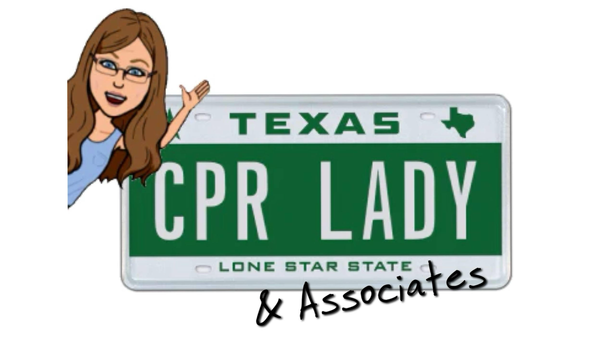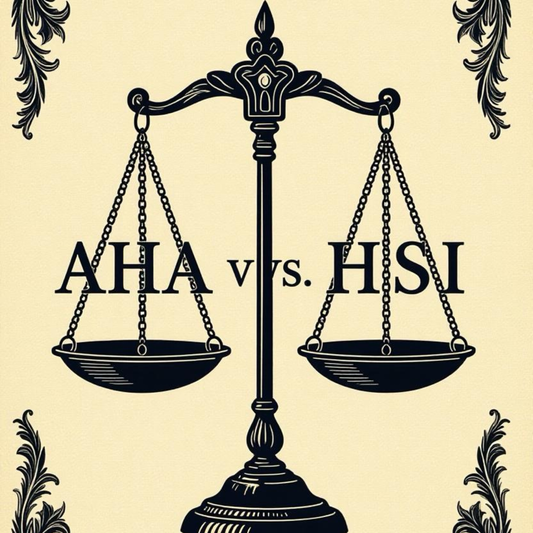
Panic Attacks
William BeauregardShare
Panic attacks can be incredibly frightening and disruptive experiences. They affect millions of people worldwide and can strike unexpectedly, often leaving individuals feeling helpless and overwhelmed. In this blog post, we'll explore what panic attacks are, their causes, symptoms, and most importantly, practical strategies for coping and managing these distressing episodes.
- What is a Panic Attack?
A panic attack is a sudden and intense surge of fear or anxiety that can peak within minutes. These episodes can be terrifying, and they often feel like a life-threatening emergency, even though they are not.
- Recognizing the Symptoms:
Panic attacks manifest in various ways, but common symptoms include:
a. Rapid heartbeat or palpitations b. Shortness of breath c. Trembling or shaking d. Chest pain or discomfort e. Sweating f. Feeling lightheaded or dizzy g. Nausea or stomach distress h. A sense of impending doom or terror
- Causes of Panic Attacks:
Understanding the root causes of panic attacks can be complex, as they often result from a combination of factors. Some common triggers and contributors include:
a. Genetics: A family history of anxiety or panic disorders can increase the risk. b. Stress: High levels of stress or unresolved emotional issues can trigger panic attacks. c. Trauma: Past traumatic experiences can lead to panic attacks. d. Medical Conditions: Certain medical conditions and medications can induce panic-like symptoms. e. Substance Abuse: The misuse of drugs or alcohol can be a factor.
- Coping Strategies for Panic Attacks:
a. Deep Breathing: Practice slow, deep breaths to help regulate your heart rate and calm your body.
b. Grounding Techniques: Engage your senses by touching, smelling, or naming objects in your environment to bring you back to the present moment.
c. Positive Self-Talk: Challenge negative thoughts during an attack by reminding yourself that it will pass and that you are safe.
d. Medication and Therapy: Consult a mental health professional for medication or therapy to address the underlying causes and learn coping strategies.
e. Lifestyle Changes: Incorporate stress-reduction techniques, regular exercise, a balanced diet, and adequate sleep into your daily routine.
- Seeking Professional Help:
If panic attacks are interfering with your daily life, it's crucial to seek professional help. A therapist or psychiatrist can provide a personalized treatment plan that may include cognitive-behavioral therapy (CBT) or medication to manage symptoms effectively.
Conclusion:
Panic attacks can be incredibly distressing, but they are manageable. By recognizing the symptoms, understanding the triggers, and employing coping strategies, you can regain control over your life and minimize the impact of panic attacks. Remember, seeking professional help is a crucial step toward recovery, and you are not alone in this journey. With the right support and strategies, you can learn to cope with and overcome panic attacks, leading to a happier and more fulfilling life.



